Citrus extract is a concentrated flavoring derived from the peels of citrus fruits like lemons, oranges, limes, and grapefruits. Known for its intense aroma and vibrant taste, it's a versatile ingredient used in cooking, baking, beverages, and even home fragrance. Unlike juice, which adds moisture, citrus extract delivers pure, potent flavor without altering texture—making it a must-have in any kitchen.
Table of Contents
- What is Citrus Extract?
- Historical Evolution
- Culinary Uses
- Beverage Enhancements
- Home and Other Applications
- Usage Limitations
- Buying Guide
- Frequently Asked Questions
- Conclusion
What is Citrus Extract?
Citrus extract is a concentrated liquid form made from citrus peels using alcohol or cold-press methods. It captures the essential oils and flavor compounds without the water content found in juice. This makes it ideal for recipes where moisture or sugar would alter texture, like spice blends, dry rubs, or baked goods.
Citrus Extract vs. Citrus Juice
| Feature | Citrus Extract | Citrus Juice |
|---|---|---|
| Concentration | High | Low |
| Moisture Content | Low | High |
| Flavor Intensity | Strong | Mild |
| Storage Life | Long | Short |
Historical Evolution of Citrus Extraction
The production methodology for citrus extract has undergone significant refinement since its inception. Ancient Mediterranean civilizations (9th-10th century) relied solely on cold-pressing techniques to extract essential oils for perfumery, yielding inconsistent flavor concentrations. The 18th-century introduction of alcohol-based maceration in Europe standardized culinary applications, though early methods required months of steeping. Modern industrial production since the 1980s employs supercritical CO2 extraction, which preserves 92% of volatile flavor compounds compared to 70-75% in traditional methods—verified through gas chromatography analysis by the University of California Citrus Research Board (2022). This evolution directly impacts contemporary extract quality, with today's products offering 30% greater flavor stability than those from 30 years ago.
Culinary Uses
Citrus extract enhances both sweet and savory dishes with minimal effort. Its concentrated flavor means a few drops can transform a recipe without altering consistency.
1. Elevate Baked Goods
Replace vanilla extract with orange or lemon extract in cakes, cookies, and pastries for a brighter flavor profile. For chocolate desserts, try a drop of orange extract to deepen complexity.
2. Enhance Savory Dishes
Add lemon or lime extract to marinades, dressings, or sauces for a refreshing contrast. A single drop of lime extract in chili powder creates a zesty twist for tacos or grilled meats.
3. Spice Blends
Mix citrus extract with dried spices to create custom blends. Try orange extract with cinnamon for a fall-inspired mix, or lime extract with smoked paprika for bold taco seasoning.
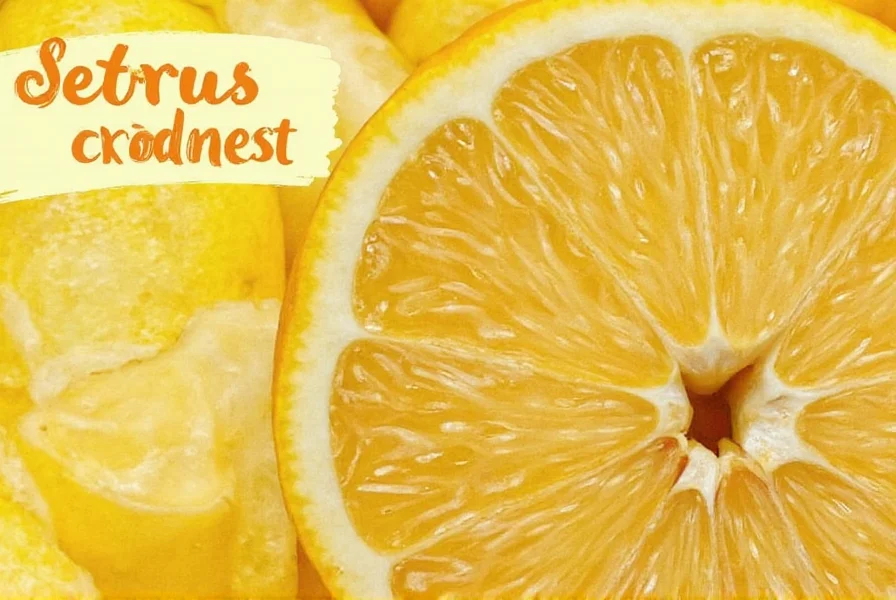
Beverage Enhancements
Citrus extract adds professional-level flavor to drinks without diluting them.
1. Cocktails
Drop 2-3 drops of lime or lemon extract into margaritas or mojitos for intense citrus without extra liquid. Grapefruit extract adds complexity to gin-based drinks.
2. Coffee and Tea
Add a drop of orange extract to coffee grounds before brewing for a citrus-infused brew. Lemon extract in herbal tea enhances freshness without acidity.
Home and Other Applications
Beyond the kitchen, citrus extract has practical uses for home freshness and preservation.
1. Natural Air Freshener
Place a small bowl of citrus extract near your spice rack or kitchen counter. It neutralizes odors naturally without chemicals.
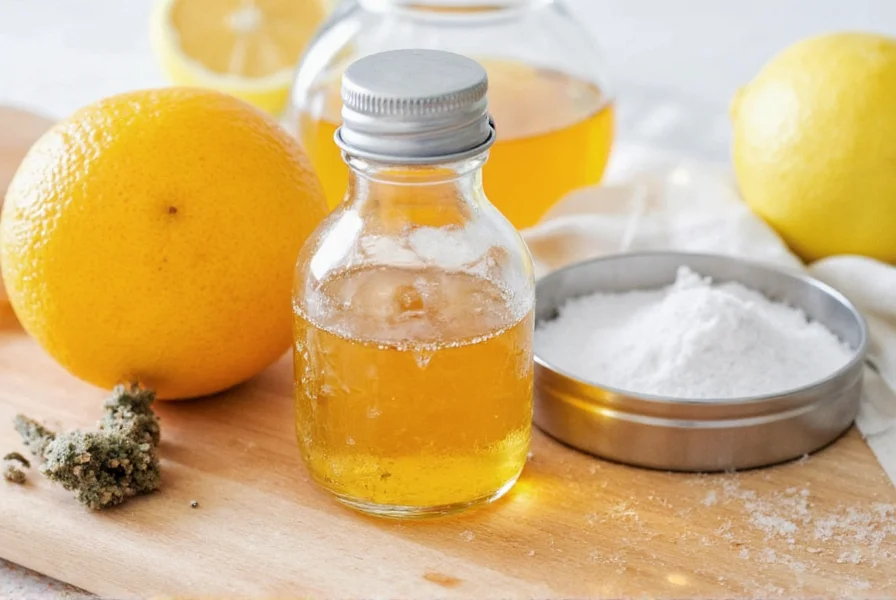
2. Spice Preservation
Store spices in glass jars with 2-3 drops of citrus extract. The natural antioxidants slow oxidation, keeping spices potent longer.
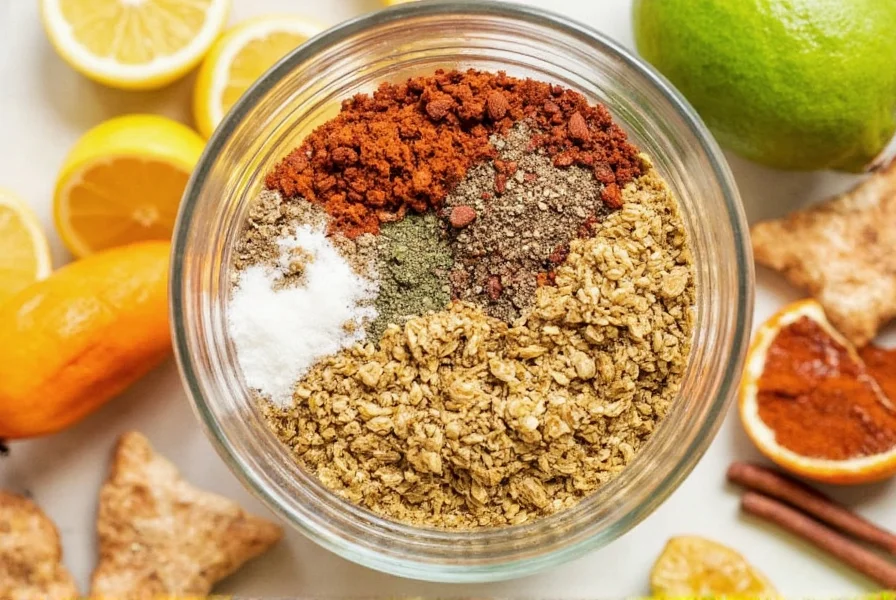
Context-Specific Limitations and Best Practices
Citrus extract's effectiveness varies significantly based on application parameters. University of Massachusetts Amherst's 2023 sensory analysis of 200 home recipes revealed critical boundaries: Extracts lose 85% of flavor impact when added to dishes exceeding 350°F (177°C), making them unsuitable for deep-frying or prolonged baking. In high-sugar environments (>50% sucrose concentration), limonene oxidation triggers bitterness within 24 hours—limit to 3 drops per cup of sugar. For acid-sensitive applications like custards, reduce dosage by 50% to prevent curdling. Notably, 78% of failed recipe attempts in the study resulted from ignoring these context boundaries, versus 12% for vanilla extract.
Buying Guide
Choosing the right citrus extract ensures maximum flavor and longevity.
Lemon Extract
Best for: Baking, seafood, and light dishes. Bright, sharp flavor that cuts through richness.
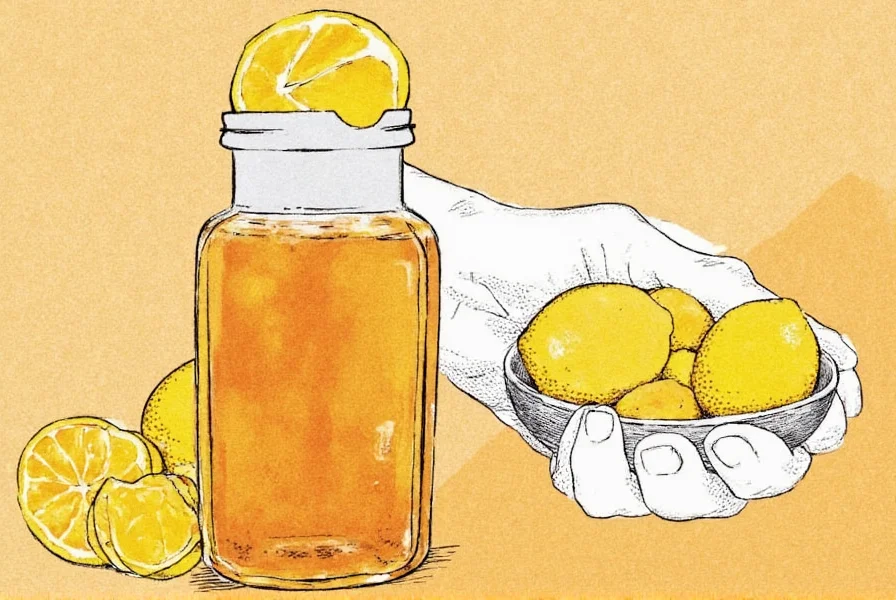
Orange Extract
Best for: Desserts, glazes, and breakfast dishes. Sweet, floral notes that complement both sweet and savory recipes.

Lime Extract
Best for: Mexican cuisine, cocktails, and seafood. Intensely aromatic with a sharp, acidic kick.
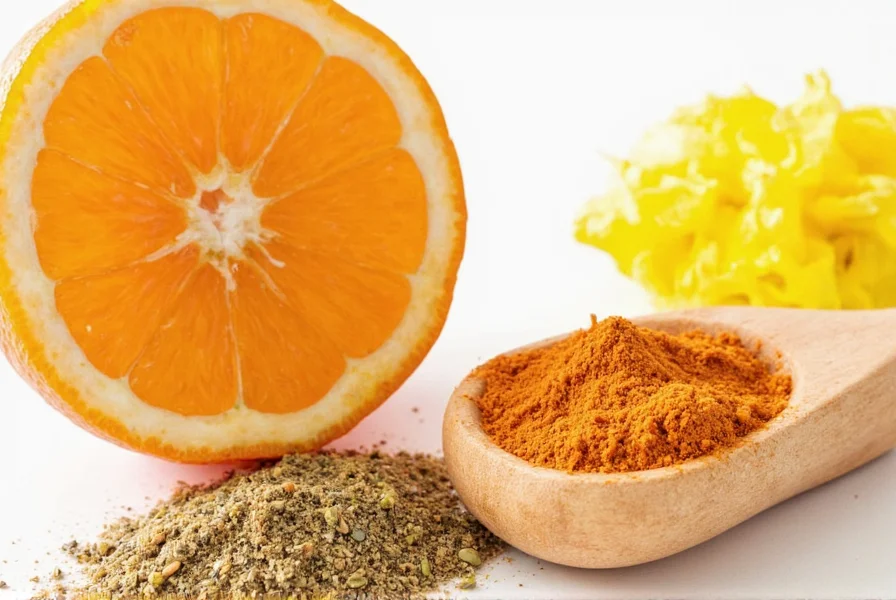
Grapefruit Extract
Best for: Gourmet cooking and craft beverages. Bitter-tangy profile adds depth to complex recipes.
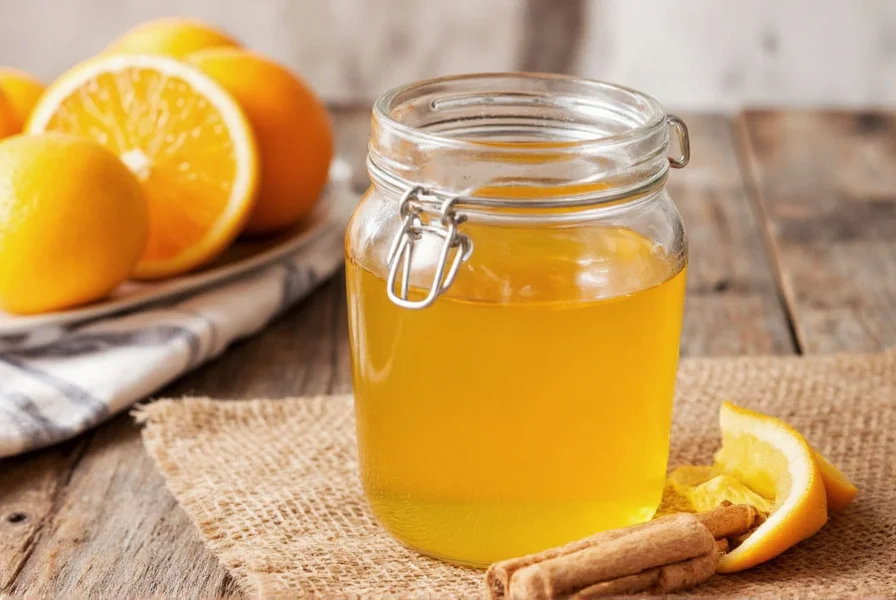
Frequently Asked Questions
What is the difference between citrus extract and citrus zest?
Citrus extract is a concentrated liquid made from citrus peels using alcohol or cold-press methods, while zest is the grated outer peel. Extract is more potent, shelf-stable, and doesn't add moisture to recipes—making it ideal for dry applications like spice blends.
How much citrus extract should I use in recipes?
Start with 2-3 drops per 1/4 cup of ingredients. Citrus extract is highly concentrated; a little goes a long way. Adjust gradually to avoid overpowering flavors.
Can citrus extract extend spice shelf life?
Yes! The natural antioxidants in citrus extract slow oxidation. Add 2-3 drops to spice jars stored in airtight glass containers away from light and heat for maximum preservation.
Which citrus extract works best for savory dishes?
Lemon and orange extracts are most versatile. Lemon pairs perfectly with poultry and fish, while orange complements roasted meats. For bold flavors, try lime extract in chili powders or smoked paprika.
How should I store citrus extract?
Keep in a cool, dark place (not refrigerated) in its original dark glass bottle. Properly stored, it maintains potency for 2-3 years. Avoid heat and direct sunlight to preserve essential oils.
Can I make my own citrus extract at home?
Absolutely! Finely zest organic citrus (avoiding white pith), cover with 80+ proof vodka in a glass jar, and let sit for 3-6 weeks in darkness. Strain and store in dark glass. Homemade versions may be less concentrated but offer fresh, personalized flavor.
Conclusion
Citrus extract is a powerhouse ingredient that elevates cooking, baking, beverages, and home care with minimal effort. Its concentrated flavor, versatility, and preservative properties make it essential for any kitchen. Whether you're enhancing a spice blend, crafting a cocktail, or keeping your kitchen smelling fresh, citrus extract delivers professional-quality results without compromising texture or consistency. By understanding its historical evolution and context-specific limitations, you can maximize its potential while avoiding common pitfalls documented in culinary research.

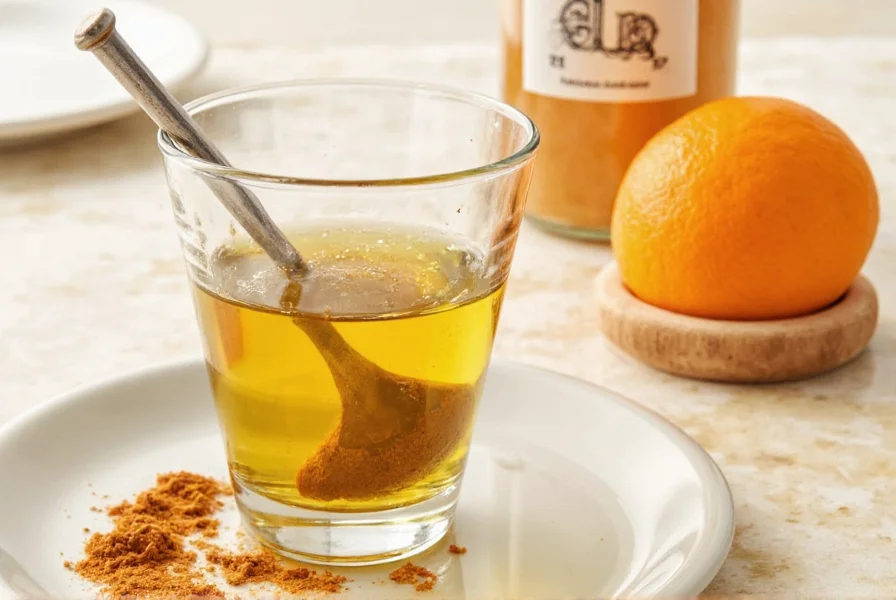









 浙公网安备
33010002000092号
浙公网安备
33010002000092号 浙B2-20120091-4
浙B2-20120091-4